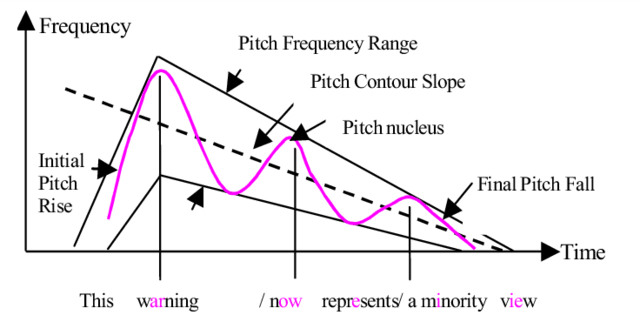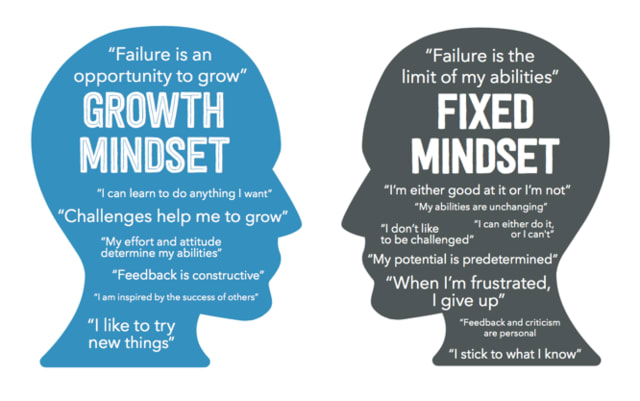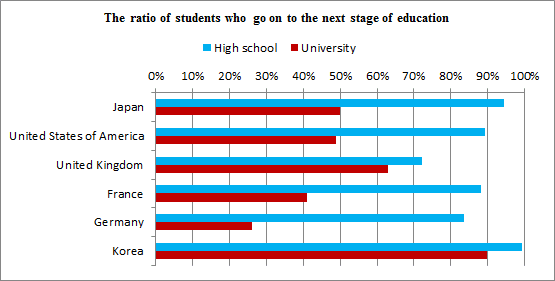国籍は全てか?
Is nationality all about?
答えはYesでもNoでもないだろう。
The answer will be neither Yes nor No.
安易に、置かれた状況によって変わるっと言えば、
それ以上疑問が発展しない。
If I say it depends on the situation where I am
then it can be an easy answer,
but the question will not develop any further.
私は純粋な韓国人の血を受けて、
20代の半ばまで韓国で育った。
I have pure Korean blood
and grew up in South Korea until my mid-twenties.
日本に留学を始めたのは1991年からだった。
I started studying in Japan in 1991.
今になって振り返れば、日本に住み始めて
最初の3年間が一番かった。
Looking back now, the first three years of
living in Japan was the hardest.
当時の私の日本語は日本語学校で習った通りの
教科書的な文法に、韓国人特有のアクセントがあって、
何を話しても、”なに?””なんと言った?”と常に聞かれた。
At that time, my spoken Japanese was a textbook-like grammar
that I learned at a language school, and I had a Korean accent,
so people always asked me “What?”” What did you say?” whenever I talk.
さすが、3年も言ったことを
何回も繰り返えされるのは面倒極まることになる。
As expected, it was extremely annoying for me
to repeat what I said over and over again for three years.
なので、脳内の通訳システムをばっさり切った。
So I bluntly cut off the translation system in my brain.
要するに、聞いたことや話そうとすることを
韓国語のシステムから日本語システムに変えることを
完璧に辞めたのである。
In short, I completely quit changing
from the Korean system to the Japanese
whatever I heard or tried to say.
辞書も絶対に開かないと決心した。
I decided never to open dictionaries.
分からない単語や表現は
その時の脈略や状況で大まかに推測した。
Unfamiliar words and expressions were roughly guessed
based on the outline of the subjects
and where the situation happening.
感情の読みは相手の表情、身振りで感づくようにした。
Reading emotions was
by others’ facial expressions and gestures.
ところで韓国人は相手の目をまっすぐ見て話すが、
日本の人は話す人の態度を見ながら話す。
By the way, usually Korean look straight into the eyes of the speaker,
but Japanese people look at the person’s attitude
when they have a conversation.
子供は目を直接に見られるのだが、
日本の社会規範に適応することにつれ、
平均的に人の目を直視しなくなる。
Children can look directly into someone’s eyes,
but as they adapt to society’s rules,
they become try not to look straightly into the eyes in general.
韓国人と日本人のコミュニケーションの違いは
主に目を見るか態度を見るかではないかと個人的に思う。
When Korean and Japanese communicate, the difference is
how they look into a person's eyes or attitude mainly, in my opinion.
とにかく、私は脳内の言語システムを
韓国語と日本語とで完全に区別できた。
Anyway, I was able to completely distinguish
the language system in my brain between Korean and Japanese.
そのことから英語も韓国語、日本語と分離させている。
For that background, English is also separated from Korean and Japanese.
通訳者になろうと決めたきっかけは何故か忘れてしまった。
Somehow, I forgot why I decided to become an interpreter.
恐らく、通訳者が格好良く見えたからでなく、
それ以外やれる仕事が無かったからか
設ける可能性があるのは
通訳の仕事だけだと計算したからかもしれない。
Perhaps I calculated out translating job
is the only way I can do it,
or it will be connected to future income in high possibility,
so I was not motivated it looked cool.
その目標を決めてからもう長年経っているのだが、
私の英語は未だに土台作り作業中である。
It’s been many years passed since I set the goal,
but my English is still under construction for the foundation.
種から芽は出たのだが、それが中々成長しない。
It made sprouts from the seeds, but it does not grow well.
何故なら、思い通りに何かを書こうとすると
日本語でしか流れないからだ。
Because when I try to write something as I want,
only flows out in Japanese.
英語は感情が高ぶったら流暢になるのだが、
公で話すことになると流れが切れてしまう。
English becomes fluent when I speak highly emotionally,
but when it comes to speaking in public
the fluency does not stream.
だから、私のブログは日本語思考方式で流れている。
That is why my blog postings are written in Japanese
and they have Japanese systematic thinking way.
書いた後で英語の頭で通訳をしていく。
After then I translate with English brain.
この方法が効率的かどうか確かではないが、
一度分離されてしまったのは、
二度と合体しないのである。
I’m not sure if this systematic way is efficient,
but once it is separated, they never coalesce again.
いつか、韓国語と日本語、韓国語と英語、
日本語と英語の組み合わせを
自由にできる日が来るだろうか、どうか…
Someday, the day would come or not,
when I will become say freely with
the set of Korean and Japanese,
Korean and English, Japanese and English…
Note:写真は先週載せた木が切られた後、
また、曲がってしまった大きな枝も切った風景です。






























